3 Reasons To Choose Wooden Cutting Boards Over Plastic

The cutting board. A true kitchen essential, and one most people like to invest in once, and then not think about again for many years.
But with so much conflicting advice on which chopping board to buy, especially whether to choose wood or a synthetic material (such as plastic, silicone or acrylic), what should be a simple purchase starts to feel like you’re buying a car, or an engagement ring!
To make things simpler for you, we’ve looked at the three reasons why wooden cutting boards are the best.
1) Bacteria Cannot Multiply On Wooden Surfaces
A number of years ago, the US health department advised that anyone working within the catering industry should use synthetic cutting boards, such as plastic, acrylic or silicone.
The reason was because synthetic materials were considered more ‘sanitary’ as they were non-porous and therefore didn’t absorb liquids (such as meat juices, which could cause dangerous contamination if fruit or vegetables were cut on the same board later).
This advice eventually trickled down to the general population, who were also becoming more aware of food contamination.
Add to the fact that dishwashers were becoming more commonplace in an American kitchen, coupled with the knowledge that you can throw a synthetic cutting board safely into one of these machines, and no wonder synthetic boards became all the rage.
Unfortunately, as with a lot of well-intentioned advice that comes from various government agencies, this advice was wrong.
Yes, synthetics are non-porous, but they are also easily scratched and scarred with a knife. These grooves are rarely 100% clean, even after a high temperature run in the dishwasher, or after bleaching.

The general consensus now is that wood, despite being a natural, porous material, has the remarkable ability to kill bacteria that comes into contact with it.
The University of Wisconsin conducted an eye opening study which found that wood surfaces, even when scared with a knife, had the miraculous ability to draw the bacteria away from the cutting surface deep into the board.
In fact, the bacteria trapped inside wooden cutting boards could not multiply, and could only be detected by splitting or gouging the board.
Since these findings, the various US health agencies have changed their mind on synthetic cutting boards, and now endorse wooden chopping boards.
2) Wooden Cutting Boards Will Not Dull Knives
There are plastic alternatives out there, such as glass, marble, granite and heavy stainless steel.
Yes, these materials are non-porous and also have the benefit of being scratch proof (unlike plastic).
But your knives will pay a heavy price! A good set of knives is a must-have in the kitchen, and we always recommend buying quality knives which, with care, will last a lifetime.
But even the best, most expensive knives will dull and become damaged when used on glass, marble, granite or stainless steel boards.
And a dull knife is a real health hazard. More people cut themselves using a dull knife rather than a sharp one!
So long as you choose the right wood, your knives will stay sharp.
3) Wood Is Renewable And Biodegradable
We’ve also become more conscious of the world we live in, and our collective responsibility to look after our environment. Quite right too!
Plastics are not easily re purposed, and many plastic items go to landfill sites where they simply sit, unable to degrade into the environment.
Wood, on the other hand, is very easily re purposed, and if beyond recycling, completely biodegradable.
As you can see, it’s not just us here at Chef Remi, but even all the health agencies agree that a wooden cutting board is far superior to any synthetic material.
This is why we created the Chef Remi Rubber Wood Cutting Board.
It fits all the criteria. It’s naturally antibacterial, will not dull your knives, and it is renewable and biodegradable.
The Chef Remi Rubber Wood Cutting Board is the best solution, and it will quickly become your most reliable kitchen partner.




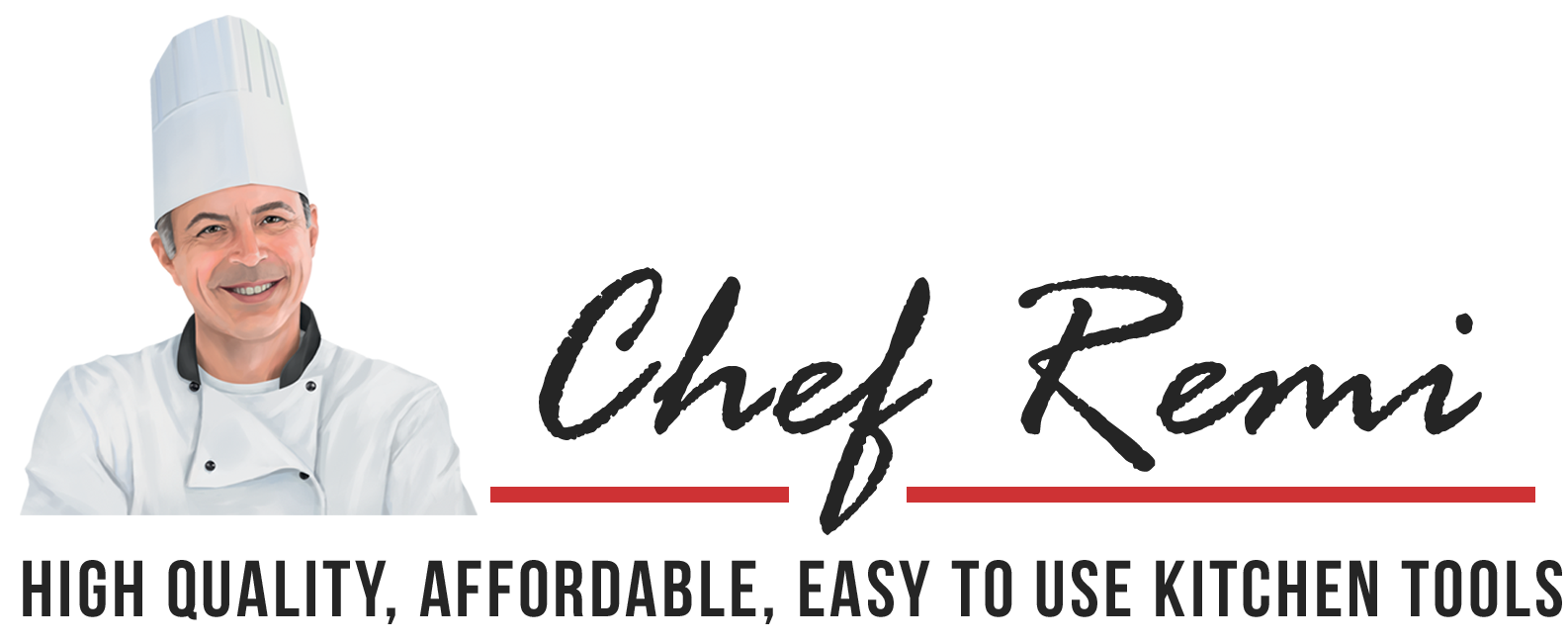
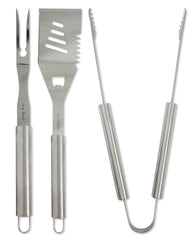
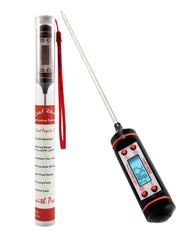
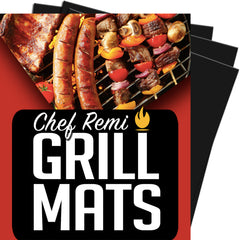
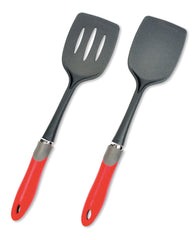
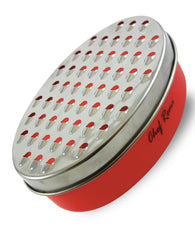
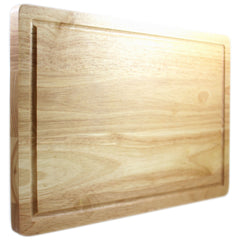
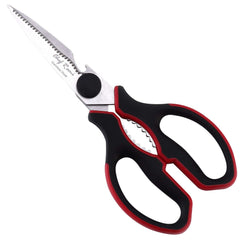
Comments
No comments yet.